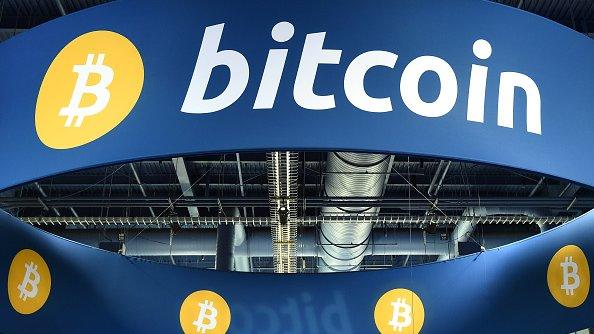Bitcoin could help cut power bills
- Published
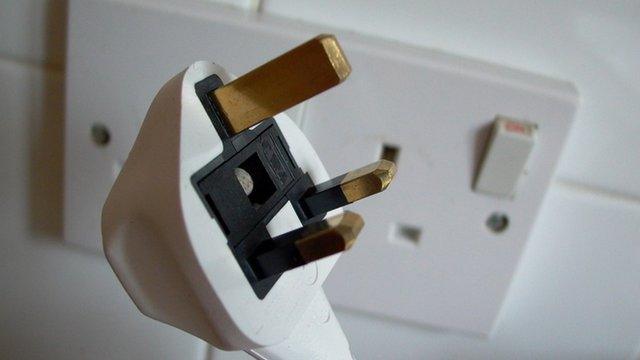
The smart plug system could help cut power bills and manage energy use in many homes
The technology behind the Bitcoin virtual currency could help cut electricity bills, suggests research.
A blockchain-based smart plug that can adjust power consumption minute-by-minute has been created by technologists at Accenture.
The blockchain is the automated ledger that underpins Bitcoin and tracks where the coins are spent and swapped.
The plug shops for different power suppliers and will sign up for a cheaper tariff if it finds one.
Accenture said the smart plug could help people on low incomes who pay directly for power.
Smart contract
The smart plug modifies the basic Bitcoin blockchain technology to make it more active, said Emmanuel Viale, head of the Accenture team at the firm's French research lab that worked on the plug.
Instead of just resolving and confirming transaction records, the Accenture work has changed the blockchain to let it negotiate deals on behalf of its owner.
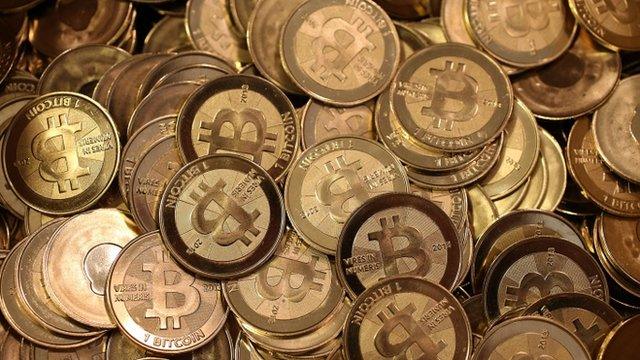
The blockchain is an open record of which coins were used in which transactions
"It's about how we put more business behaviour or logic into the blockchain," said Mr Viale, adding that this essentially embeds a "smart contract" into the digital ledger.
The smart plug prototype works with other gadgets in the house that monitor power use. When demand is high or low it searches for energy prices and then uses the modified blockchain to switch suppliers if it finds a cheaper source.
So far, said Mr Viale, the Accenture system was just a proof of concept, but it could help many people on lower incomes who pay for their power via a meter.
Being able to quickly shift suppliers could save this group more than £660m in the UK annually, suggests Accenture research.
A blockchain-based system that can act on behalf of its owner might also prove useful as the Internet of Things becomes more ubiquitous, said Mr Viale.
Managing many different gadgets might be tricky without a more centralised system, he said,
Martin Garner, a mobile services expert at analyst firm CCS Insight, said blockchains were starting to crop up in many different areas including share trading, fishing rights databases and land registry claims.
They had two chief attractions for the Internet of Things, he said.
"They avoid dependence on any one supplier or ecosystem - some users have concerns about the potential dominance of key internet players creating, for example, the Google-of-Things or the Amazon-of-Things," he said.
"The second attraction is as a way of enabling autonomous trading between things, such as the appliances in your house being set up to re-order supplies from a pre-approved list of suppliers," he added.
- Published22 January 2016

- Published19 January 2016
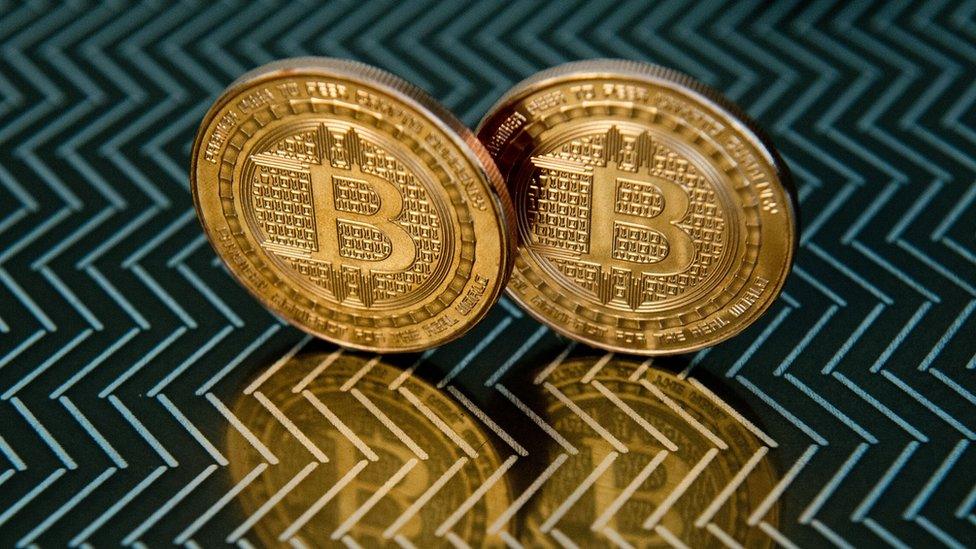
- Published19 January 2016
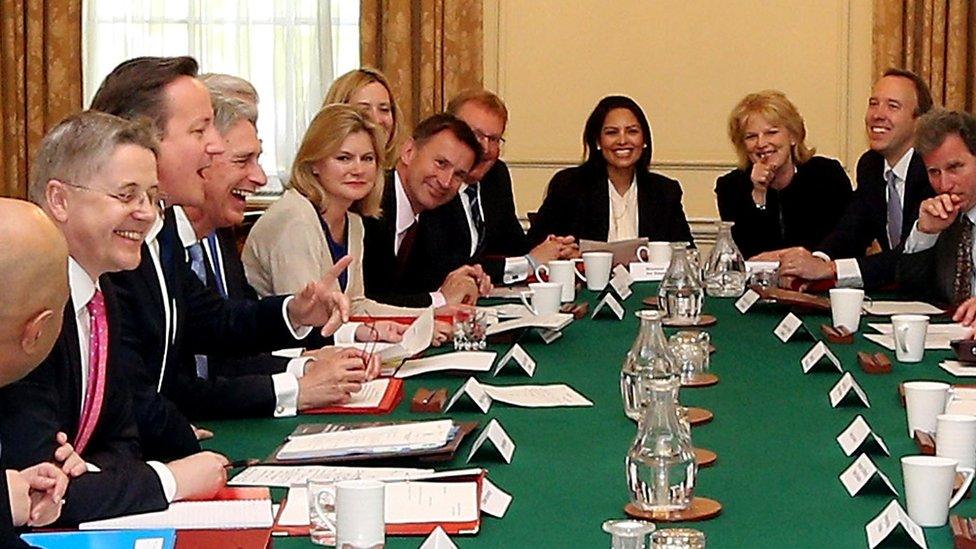
- Published17 September 2015
